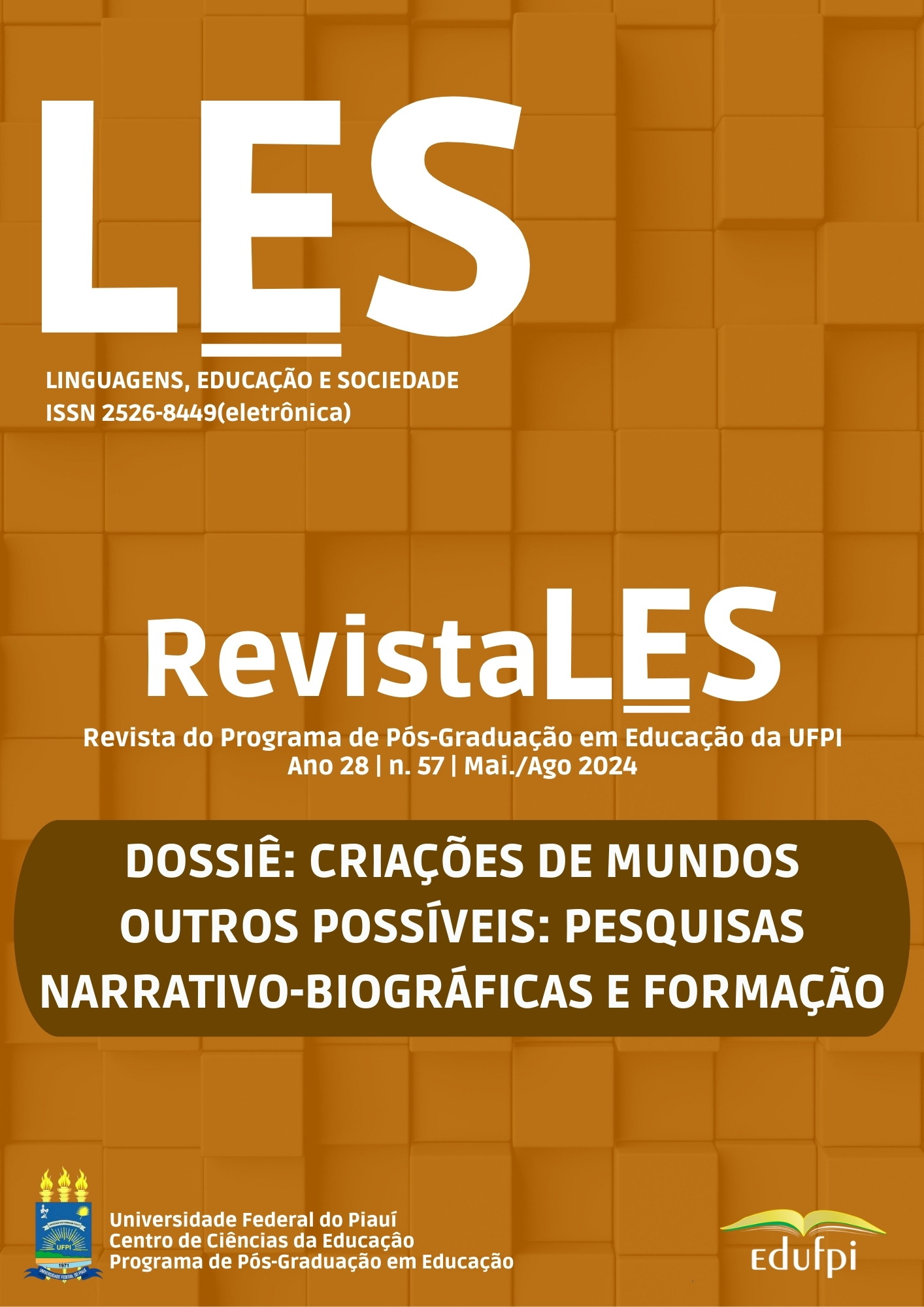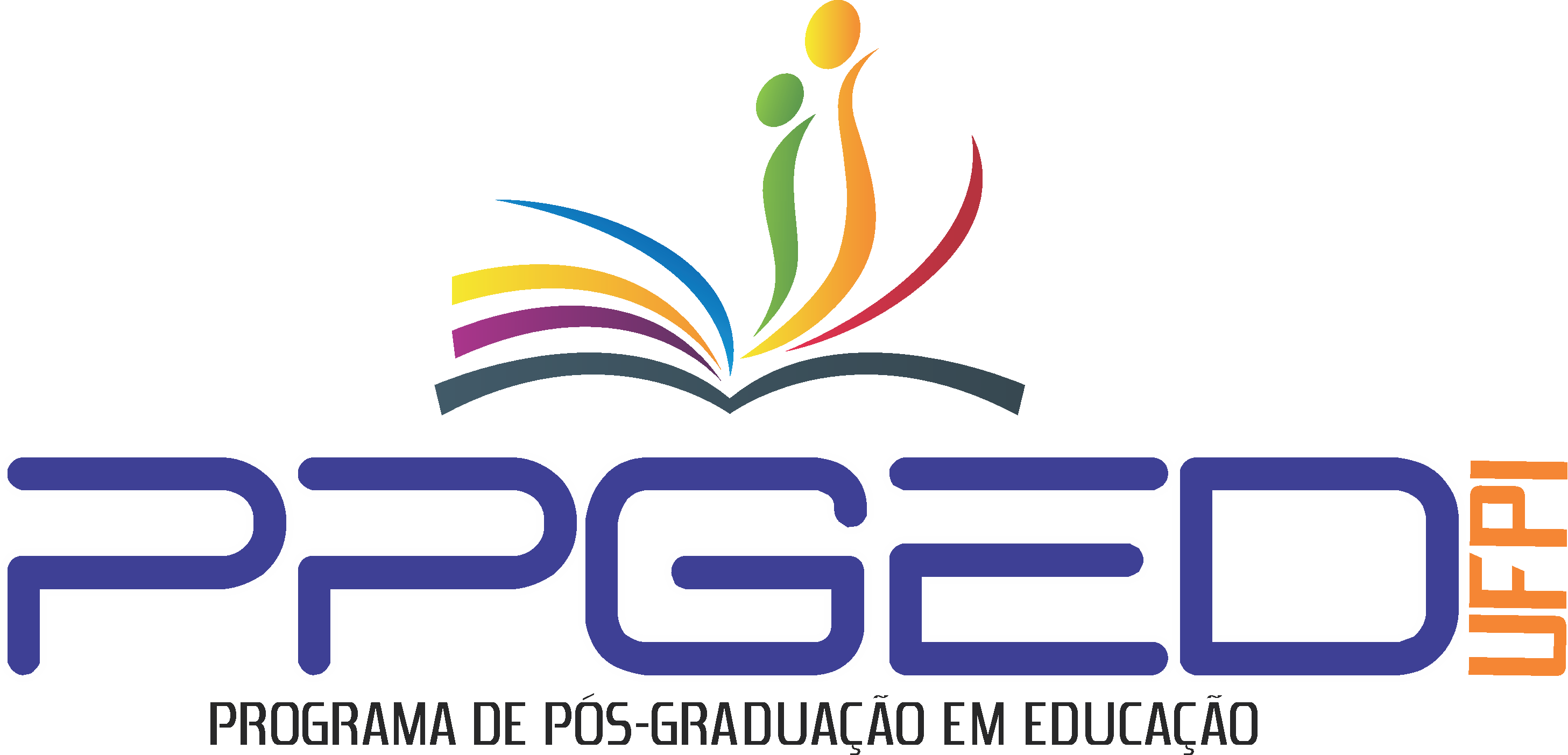FORMAÇÃO HUMANA COMO AÇÃO INTELECTUAL, ÉTICA E POLÍTICA
DOI:
https://doi.org/10.26694/rles.v28i57.3939Palavras-chave:
Formação de professores, Educação escolar, Pluralidade, Autoridade, ResponsabilidadeResumo
Este ensaio tem o intuito de refletir sobre algumas contribuições do pensamento de Hannah Arendt para a formação de professores. O argumento proposto é o de que a responsabilidade frente ao ato educativo envolve as dimensões intelectual, ética e política como constituintes primordiais do pensar e do agir pedagógico-educativo. Em sua dimensão intelectual, requer compreender que os sujeitos recém-chegados precisam ser inseridos em um mundo já existente e nele iniciados por meio de práticas escolares e de conhecimentos históricos, culturais e científicos para que assim possam preservar sua historicidade. Ainda, na ação pedagógico-educativa, ter um saber e saber-fazer não é suficiente, pois, em razão da imprevisibilidade e pluralidade da ação humana, a atividade do pensar continuamente é demandada. Assim, na interdependência entre pensamento e ação se observam duas implicações: uma ética e outra política. A primeira diz respeito ao pensar para agir de forma a preservar no mundo o bem, a força da palavra e a negação da violência. A dimensão ética também envolve a vontade e os motivos e projetos que os professores constroem para a ação educativa, aspectos por vezes esquecidos ou pouco explorados na formação. Já a implicação política tem como foco resguardar a vida dos sujeitos no espaço comum e estabelecer as condições possíveis e necessárias para que possam expressar e fazer suas escolhas. Quem assume a tarefa da educação admite a responsabilidade por outros e por criar encontros nos quais estes possam fazer seus inícios únicos e singulares.
Downloads
Referências
ARENDT, H. Responsabilidade e julgamento. São Paulo: Companhia das Letras, 2004.
ALMEIDA, V. S. Educação em Hannah Arendt: Entre o mundo deserto e o amor ao mundo. São Paulo: Cortez, 2011.
ARENDT, Hannah. Origens do totalitarismo. São Paulo: Companhia das Letras, 2013.
ARENDT, H. A vida do espírito: o pensar, o querer, o julgar. 4ª ed. Rio de Janeiro: Civilização Brasileira, 2014.
ARENDT, H. Entre o passado e o futuro. 1ª reimp. 8ª ed. São Paulo: Perspectiva, 2016.
ARENDT, H. A condição humana. 13ª ed. 2ª reimp. Rio de Janeiro, Forense Universitária, 2017.
BIESTA, G. Para além da aprendizagem: educação democrática para um futuro humano. Belo Horizonte: Autêntica Editora, 2013.
FRANCISCO, M. Pensamento e ação em Hannah Arendt. Trans/Form/Ação, São Paulo, SP, n.19, p. 163-175, 1996.
GIMENO SACRISTÁN, J. Tendências investigativas na formação de professores. In: PIMENTA, S. G.; GHEDIN, E. (Org.). Professor reflexivo no Brasil: gênese e crítica de um conceito. 7.ed. São Paulo: Cortez, 2012. p.94-102.
GRÜTZMANN, L. F.; SCHILLING, F. I. A desinformação e os discursos autoritários: A democracia ameaçada e o desafio à educação. Revista Linguagem, Educação e Sociedade -LES, v.27, n.54, 2023, eISSN: 2526-8449.
MEIRIEU, Philippe. A pedagogia entre o dizer e o fazer. Porto Alegre: Artmed, 2002.
NÖRNBERG, M. Formação de professores como ação humana: Reflexão e escrita sobre a prática pedagógica em contextos de ensino e pesquisa. In: REUNIÃO CIENTÍFICA REGIONAL DA ANPED-SUL, XI, 2016, Curitiba-PR. Anais [...] Curitiba-PR: Ed. Setor de Educação da UFPR, 2016. p.1-21.
NÖRNBERG, M.; CAVA, P. P. O que é da ordem do teórico e do prático? Reflexões sobre formação de professores em contexto de estágio. In: NÖRNBERG, M. (Org.). Formação em contextos de estágio e desenvolvimento profissional. São Leopoldo: Oikos, 2017. p.53-72.
NÓVOA, A. Professores: Imagens do futuro presente. Lisboa: Educa, 2009.
SLOTERDIJK, P. Regras para o parque humano. Uma resposta à carta de Heidegger sobre o humanismo. São Paulo: Estação Liberdade, 2000.













